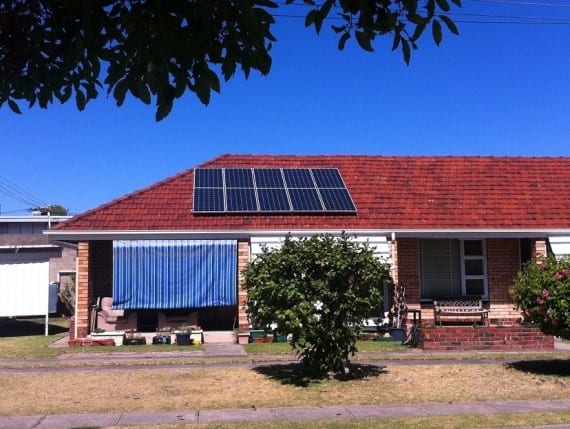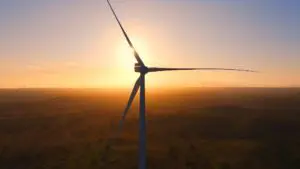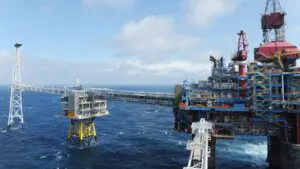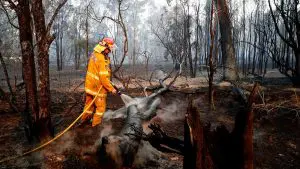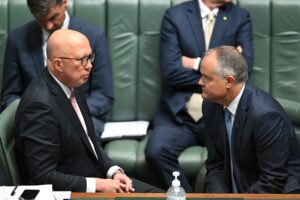Was it the candlelight that did it? New data suggests that the massive blackout that hit South Australian in September last year may have helped to rekindle the state’s love affair with rooftop solar, spurring a more than 17 per cent uptick in installations from October to December 2016.
In an analysis of Clean Energy Regulator data, Solar Citizens notes that monthly solar installation rates jumped 17.65 per cent in those last three months of 2016, compared to installation rates from January till September, as South Australians spent around $22 million on energy independence.

The data also shows that installations from July to December 2016 jumped 21 per cent, compared to the first six months of the year – a trend that follows price spikes experienced in the state in July.
As many as 6,424 home rooftop solar systems were installed in the state in the six months from July 2016 – with half of that number installed after the blackout – taking South Australia to a grand total of 205,068 solar systems installed.
According to the data, the top five suburbs for solar installation since the blackout were in regional or outer suburban areas with incomes below the South Australian average.
The regional suburb of Waitpinga topped installs, followed closely by Smithfield Plains, Salisbury North, Angas Plains and Morphett Vale. Solar Citizens notes that this pattern closely mirrors SA’s leading suburbs for total solar installations, where three out of five have below average incomes.
“South Australians are sending a clear message with their wallets that they see clean solar power as a key part of the solution to rising energy costs and power security while tackling climate change,” Solar Citizens campaigner Dan Spencer said.
“While politicians attacked South Australia’s clean energy leadership, South Australians took action at home.
“(This) sends a clear message to all political parties that South Australians want to see investment in clean solutions for our power, not the misleading and ideologically-driven attacks on renewable energy they’ve seen in recent weeks and months. There couldn’t be a clearer opinion poll than South Australians rolling up their sleeves and investing $22 million in clean energy,” he said.
And battery storage could be next, Spencer says.
“Over 200,000 homes and businesses have now gone solar in SA and with batteries dropping in price South Australia can be powered with a mix of home solar and storage and the large renewable projects like solar thermal in Port Augusta, large scale battery storage and pumped hydro that are ready and waiting to be built in our state.”

